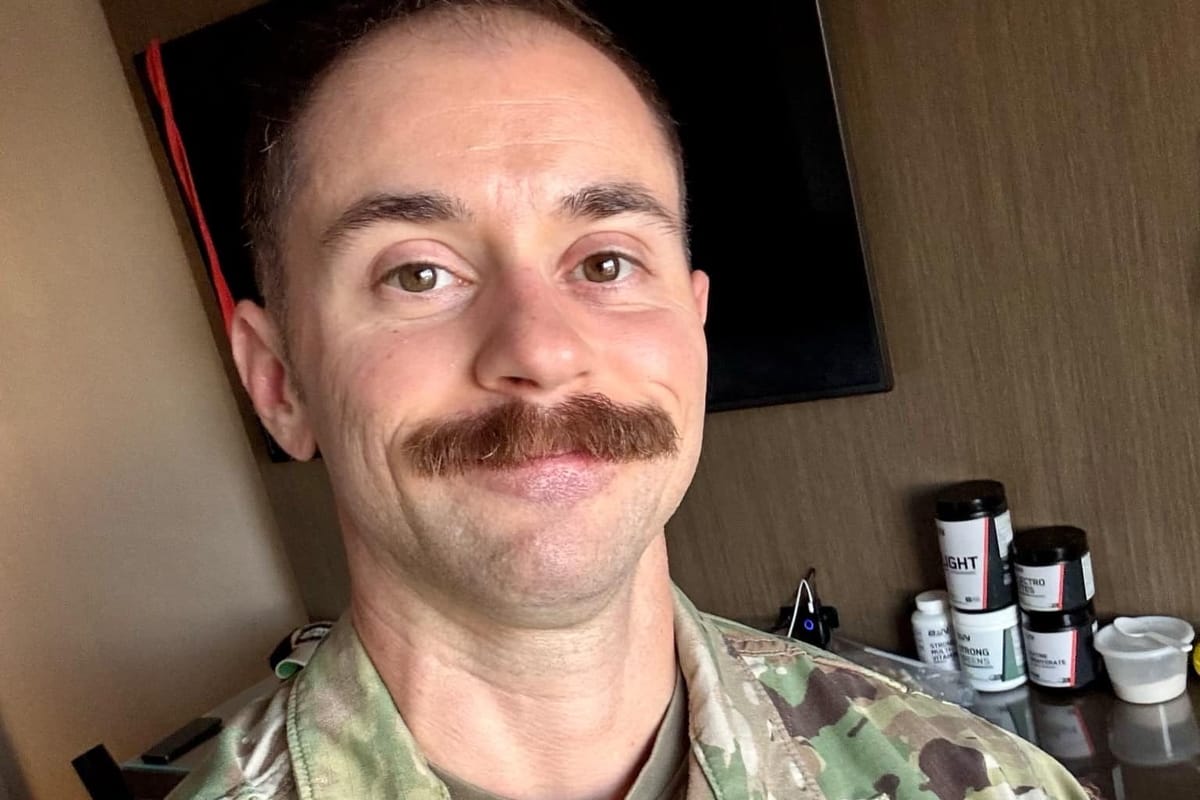Trans troops sue United States Air Force over revoked pensions after 15–18 years of service

A group of trans veterans, lead by Master Sergeant Logan Ireland, 37, (pictured) is suing the United States Air Force after being stripped of retirement benefits they say were promised to them following years of honourable service.
The lawsuit, filed on 10 November in the U.S. Court of Federal Claims, involves 17 former Air Force and Space Force members who each served between 15 and 18 years. Under the Temporary Early Retirement Authority (TERA), they were initially granted early retirement in June, only for the Air Force to rescind those orders in August without explanation.
The reversal came after President Donald Trump’s executive order earlier this year banning trans people from serving in the military. The Pentagon subsequently directed all branches to expel transgender personnel. While those who resigned voluntarily were offered separation pay, others were forced out, often with little notice.

Lead plaintiff Master Sergeant Logan Ireland, 37, described the decision as a “betrayal”: “I raised my hand and served my country honourably for 15 years, including a deployment to Afghanistan. Ripping away the retirements we have earned is a betrayal of the sacrifices made by servicemembers and our families.”
Legal experts say the Air Force’s own policies allow retirement orders to be revoked only in rare cases such as fraud or clerical error. Shannon Minter, legal director of the National Center for LGBTQ Rights, called the move “unheard of”, warning that some plaintiffs could lose up to £1.6 million in lifetime benefits, along with access to military healthcare.
The Air Force has declined to comment on ongoing litigation but confirmed that affected members were eligible for voluntary separation pay. Critics argue this falls far short of the pensions and healthcare promised under early retirement.
The case underscores the far-reaching impact of the Trump administration’s transgender military ban, which the U.S. Supreme Court allowed to take effect in May. Advocates say the policy has left long-serving personnel facing financial ruin and emotional distress, while fuelling wider debate over inclusion and equality in the armed forces.





Comments ()